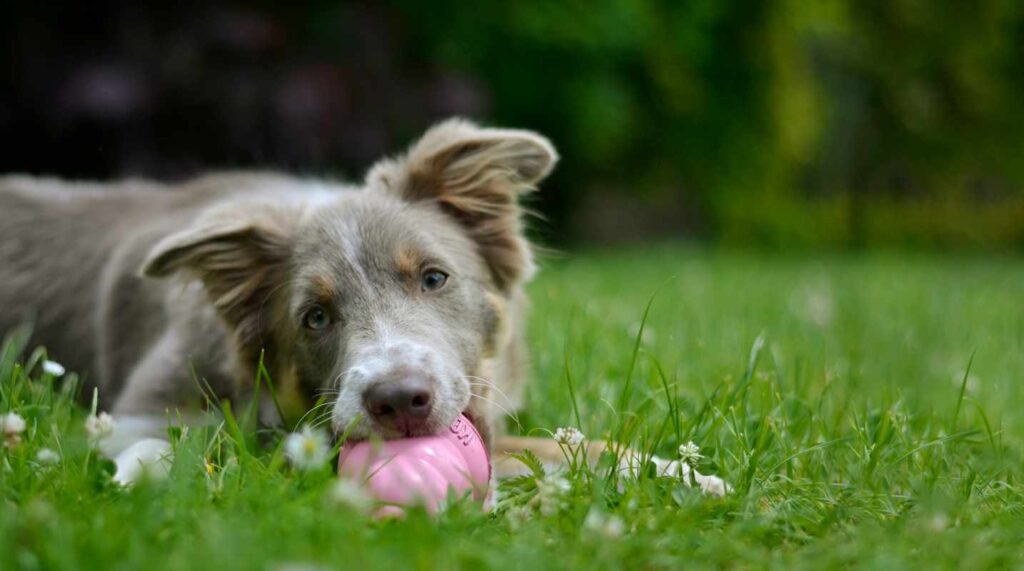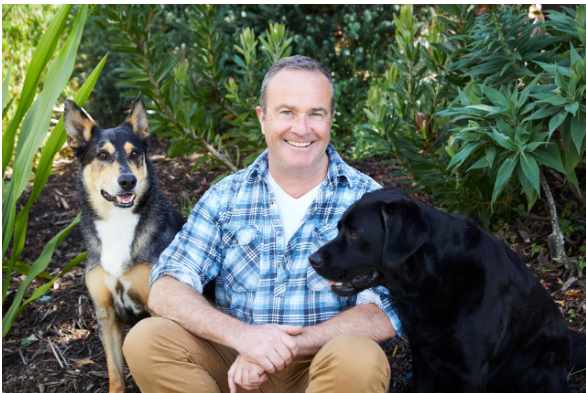

Estimated reading time: 1 minute
Have you ever looked at your new puppy while he’s chewing on a the furniture and thought ‘why do dogs chew’?
Well, a Sydney Professor is asking the same question, and he’s urging pet parents to take part in his survey so they can find out why.
Professor Paul McGreevy from the Sydney School of Veterinary Science is trying to find the answer with a new study aimed at uncovering the functional reasons behind dogs’ chewing habits.
Why do dogs chew?
From young to old, all dogs seem to have an insatiable urge to chew on just about everything. And while the constant gnawing is a behaviour that can be quite frustrating for owners, it’s believed to serve important functional purposes.
That’s why Professor Paul McGreevy from the Sydney School of Veterinary Science, dubbed ‘Chew HQ,’ is leading a study to explore the functional significance of gnawing (and chewing) in domestic dogs.
The project is inviting dog owners to share insights into their pets’ chewing behaviours through a comprehensive pet survey.
Despite its prevalence, the scientific community has largely overlooked the reasons behind this canine activity.
Professor McGreevy’s study seeks to fill this gap by exploring the significance of gnawing in domestic dogs.
“Chewing is a common element of the canine behavioural repertoire,” Professor McGreevy says.
“Feral dogs spend much more time chewing than hunting.”
“The influence of gnawing on domestic dog welfare is likely to be highly significant,” he adds.
The study aims to gather data on what dog owners provide for their pets to chew on and how this activity impacts the animals’ well-being.


Is dog chewing a sign that something is wrong?
In veterinary behavioural medicine, gnawing can be associated with distress and anxiety.
Professor Mcgreevy says chewing manifests as part of destructive behaviour when dogs are left alone or confined.
“Gnawing could have potential as an indicator of welfare problems,” he suggests.
The study also aims to address the physical risks associated with chewing inappropriate objects, which can lead to injuries or the ingestion of foreign bodies.


Dog owners urged to take part in pet survey
The survey, open until March 1st, marks the beginning of a six-month analysis period led by a new PhD student.
Professor McGreevy says he anticipates that at least two peer-reviewed articles will be published from this study in 2024.
“Our goal is to publish the findings in open-access journals, making them readily available to as many dog owners as possible,” he states.
Register to take part in Chew HQ’s study
Dog owners interested in contributing to this groundbreaking research can complete the survey [here]. Your participation will provide valuable insights into dog’s chewing habits and also contribute to a greater understanding of canine welfare.
About Professor Paul McGreevy
Professor Paul McGreevy is a leading figure in veterinary science and respected voice in the scientific community. With a focus on animal behaviour and welfare, his work contributes significantly to the field.
Read more about Professor McGreevy and the work of Chew HQ online.
